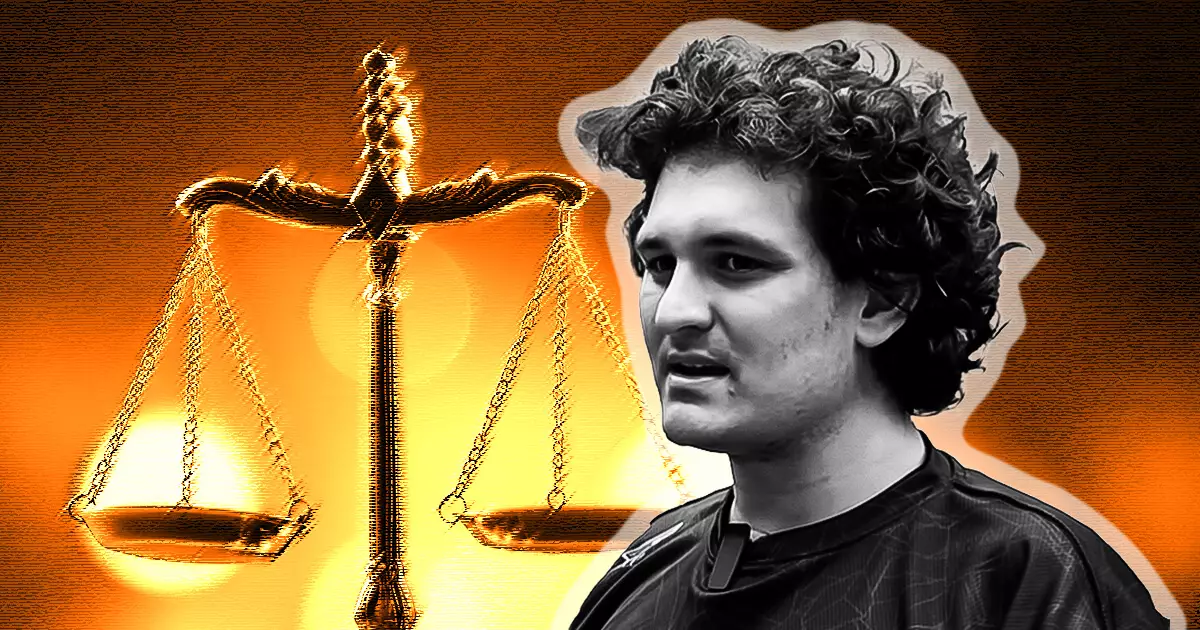U.S. prosecutors have recently responded to accusations made by Sam Bankman-Fried, the former CEO of FTX, and his legal team, in a filing dated Aug. 29. Bankman-Fried and his team had expressed their objections to the government’s decision to provide them with a large amount of discovery materials just weeks before the trial was set to begin.
In a filing dated Aug. 28, Bankman-Fried’s lawyers raised concerns about the government’s provision of approximately 7.7 million pages of discovery materials within a matter of days. They argued that their client, who is currently imprisoned, had no practical means to review these documents due to his ongoing legal situation.
However, government prosecutors argue that these complaints are exaggerated and distorted. They admitted a delay in providing 4 million pages of discovery materials due to production issues at Google. Nevertheless, they claimed that Bankman-Fried should have had ample time to review these documents for several months since they originated from his own Google accounts.
The prosecutors went further to suggest that Bankman-Fried might be seeking evidence for witness tampering purposes. They alleged that he had identified documents from his Google accounts that he believed would discredit one of the government’s cooperating witnesses, and had provided them to a widely read publication. This comment refers to Bankman-Fried’s disclosures about former Alameda Research CEO Caroline Ellison, who is expected to be a key witness in the case. The New York Times published a story based on Bankman-Fried’s information in July.
Moreover, the prosecutors clarified that 3.7 million pages of the discovery materials are duplicate documents and do not significantly add to the overall volume of materials. They explained that these documents were intended solely to notify Bankman-Fried of the documents that would be included in future discovery. The prosecutors accused Bankman-Fried and his legal team of “literally double-counting” the discovery materials in this regard.
Possible Motives Behind Bankman-Fried’s Request
Bankman-Fried’s lawyers had previously requested the court to prevent the government from introducing evidence produced after July 1, 2023. In response, the government clearly stated its intention to oppose this request through its latest filing. It raises questions about the motives behind Bankman-Fried’s request. Is he genuinely concerned about the fairness of the trial, or is he attempting to manipulate the proceedings in his favor?
The prosecutors’ mention of Bankman-Fried’s efforts to discredit a government witness suggests that there may be an ulterior motive at play. By selectively providing documents to a widely read publication, Bankman-Fried may be trying to shape public opinion and influence the jury pool. Such actions raise ethical concerns and cast doubts on his intentions.
Criticizing the Prosecution
While Bankman-Fried’s actions and motives should be scrutinized, it is crucial to critically examine the approach taken by the government prosecutors as well. Their delay in providing 4 million pages of discovery due to production issues at Google is concerning. It raises questions about their preparation and ability to manage the case effectively. Such setbacks can undermine the smooth progression of the trial and hinder the rights of the accused to a fair and timely defense.
Moreover, the large volume of discovery materials provided to Bankman-Fried and his team within a short period raises valid concerns about the practicality of reviewing such a vast amount of information. The government’s contention that Bankman-Fried should have had several months to review these documents seems disconnected from the reality of his imprisonment and limited resources. It is essential for the court to ensure that the defense has adequate time and resources to properly analyze the evidence against them.
The ongoing legal battle between Sam Bankman-Fried and the U.S. prosecutors requires a critical evaluation of the actions and motives of all parties involved. While the government prosecutors argue that Bankman-Fried’s complaints are distorted, it is essential to assess whether the government’s handling of the discovery materials was efficient and fair. The court must carefully consider the impact of any delays, the practicality of reviewing millions of pages of documents, and the potential motives behind Bankman-Fried’s objections. A fair and just trial is crucial for all parties involved, and it is the responsibility of the court to ensure that this is upheld.

